We the Women
To draw attention to laws banning women from driving cars in Saudi Arabia, Areej Khan, a Saudi artist and graphic designer living in the US, created the 'We the Women' campaign. The project got women to respond to the question, "To drive or not drive?" by writing their answers on stickers that they could post in public spaces. Participants also photographed their stickers and added them to the campaign's Flickr photo group and Facebook page.



















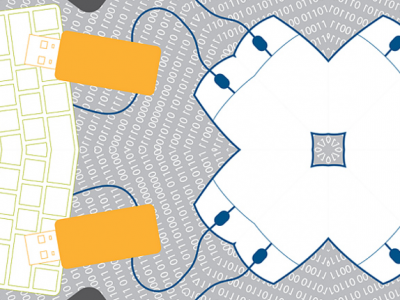



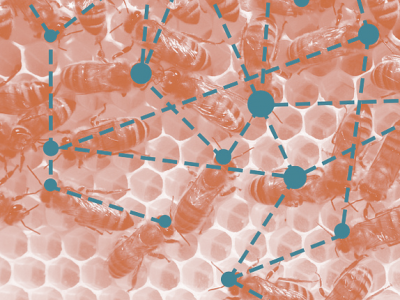
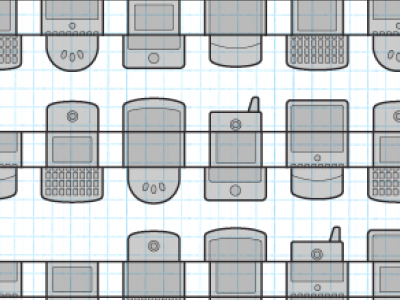

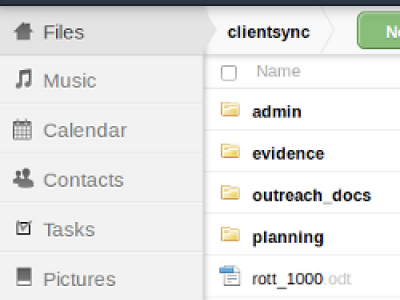
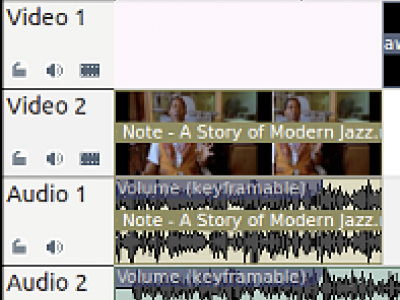









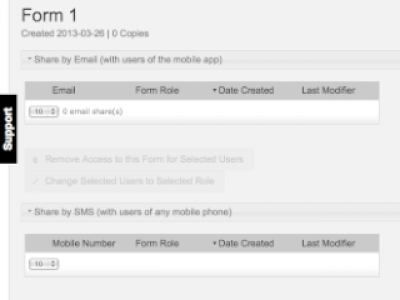

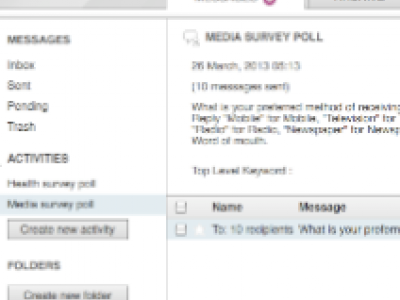
.png%3Fitok=rF0KWQB6)






























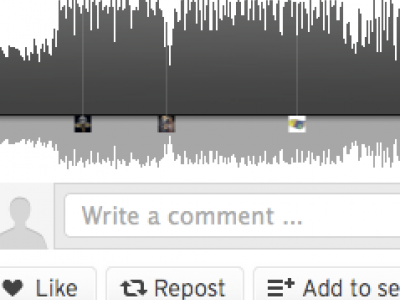























.jpg%3Fitok=pXDTLHzY)



.jpg%3Fitok=3tJxk_zi)
.jpg%3Fitok=AIh9YY_n)


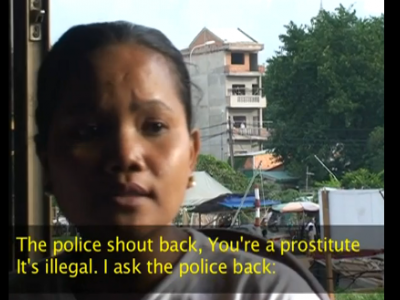





.jpg%3Fitok=1X702tBf)








